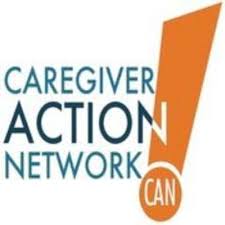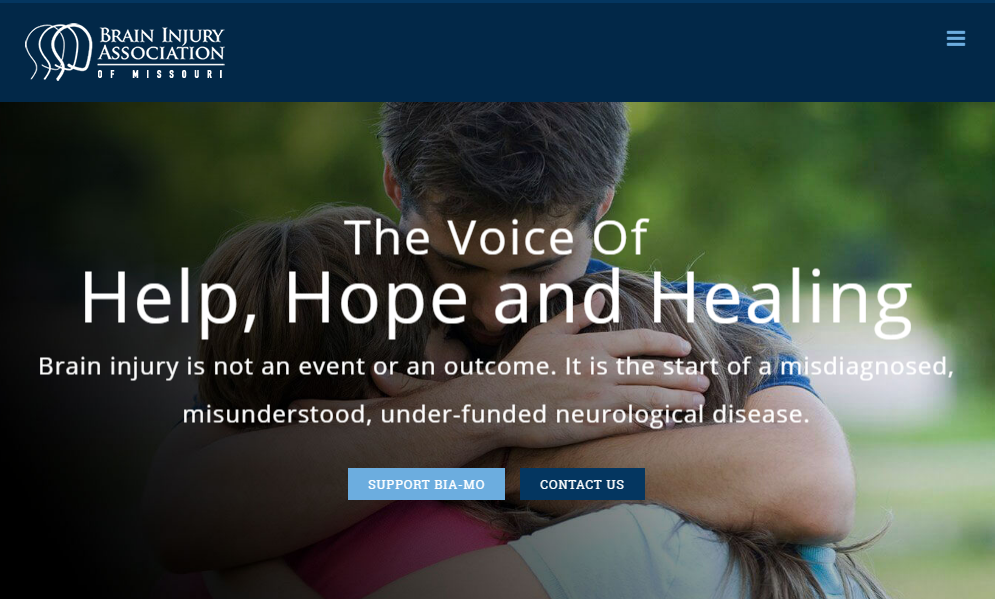Take Care to Give Care—November is National Family Caregivers Month
By Tai of Allsup
Who is the caregiver in your family? My Uncle Michael is the caregiver in mine. The youngest of five siblings, he took on the responsibility of caring for his mother during the last decades of her life, as she battled breast cancer, debilitating arthritis and experienced a stroke. It was a full-time job with no pay, brief respites and lots of stress.
Uncle Michael made it possible for me to have pleasant visits with my grandmother whenever I made it back to Hawaii. He was the one who always answered the phone and handed it to her when I called. Uncle Michael was the reason I was able to share important milestones in my adult life with the woman who had a major part in shaping it. Thank God for Uncle Michael.
In the U.S., roughly 105 million parents, children, spouses, other relatives and friends rely on the support and dedication of a family caregiver like my uncle.
November is National Family Caregivers Month, and Caregiver Action Network (CAN), has declared “Take Care to Give Care” this year’s theme.
Caregiving Stress Ties Back To Health Problems
It’s an important message. According to CAN, the stress of caregiving responsibilities leads to a higher risk of health issues. Family caregivers must to pay attention to their own physical and mental wellness, and get proper rest and nutrition.
If you are a caregiver, CAN encourages you to:
- Put yourself first. With all of your caregiving responsibilities—from managing medications to arranging doctor appointments to planning meals—you often put yourself last.
- Take care of your health. One out of five caregivers admit they have sacrificed their own physical health while caring for a loved one.
- Get proper nutrition to help maintain your strength, energy and stamina, as well as strengthen your immune system.
- Remember: “Rest. Recharge. Respite.” People think of respite as a luxury, but considering caregivers’ higher risk for health issues from chronic stress, those risks can be a lot costlier than time away to recharge.
Taking care of finances also is important. Meeting monthly financial needs was a top concern for caregivers who responded to the CAN/Allsup Family Caregiver Survey.
Allsup helps caregivers and their loved ones navigate complex and financially vital programs, such as Social Security Disability Insurance, Veterans disability compensation and Medicare. Click here for more information.
Another way to “take care” is to join the Caregiver Action Network. Membership is free for all family caregivers.
If you are the caregiver in your family, don’t be afraid to ask for help. You deserve and need it. If you’re not the caregiver in your family, do something special for the one who is. Find some ideas here.
Allsup
Related Articles

Uncategorized
Helping Family Caregivers With What They Need to Know

Uncategorized
Understanding MS and Disability Benefits

Uncategorized
BIA-MO Gets Real about Brain Injury Awareness

